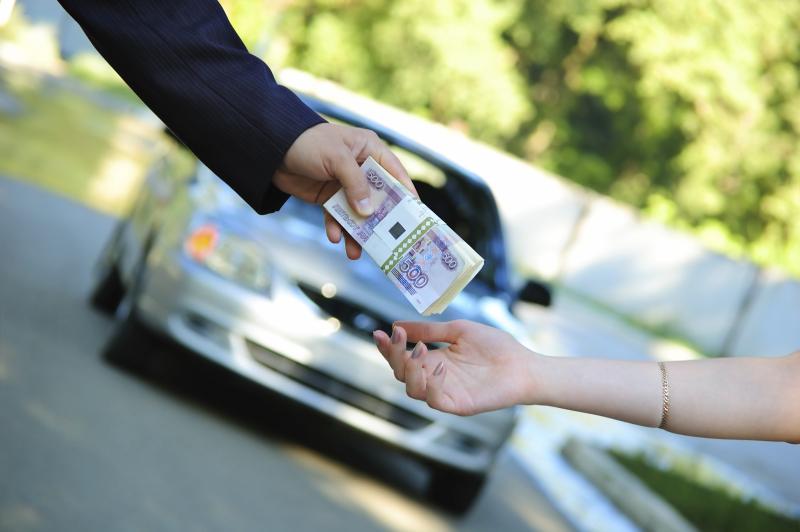
Current license plates tell law enforcement your car is registered. They certify that your car has the proper equipment and has passed emissions tests. Requirements vary from state to state on whether a car must be registered to sell it. A current registration tells a buyer that your car is “legal” to drive on the road. It also allows the buyer to test-drive the car legally.
Some states, such as Washington state, prohibit selling an unregistered car but many allow it. Check with your Department of Motor Vehicles to find out what your state requires. If you live in a state that requires registration or your buyer balks at buying an unregistered vehicle, register it. You'll likely have to pay a penalty for allowing the registration to lapse. If you don't register the vehicle, your buyer may demand a credit on the purchase price for registration, emissions testing and remediation of any equipment defects.
In many states, dealers are not required to register vehicles, so you could consider working through a dealer. You might also investigate a temporary registration for a vehicle that has been garaged. Some states don't require registration if a car has been stored or you file for "non-operational" status. If a court has suspended your registration for failure to pay parking tickets or citations for non-moving violations, talk to the Clerk of Court to set up a payment plan that allows you to re-register the vehicle so you can sell it.